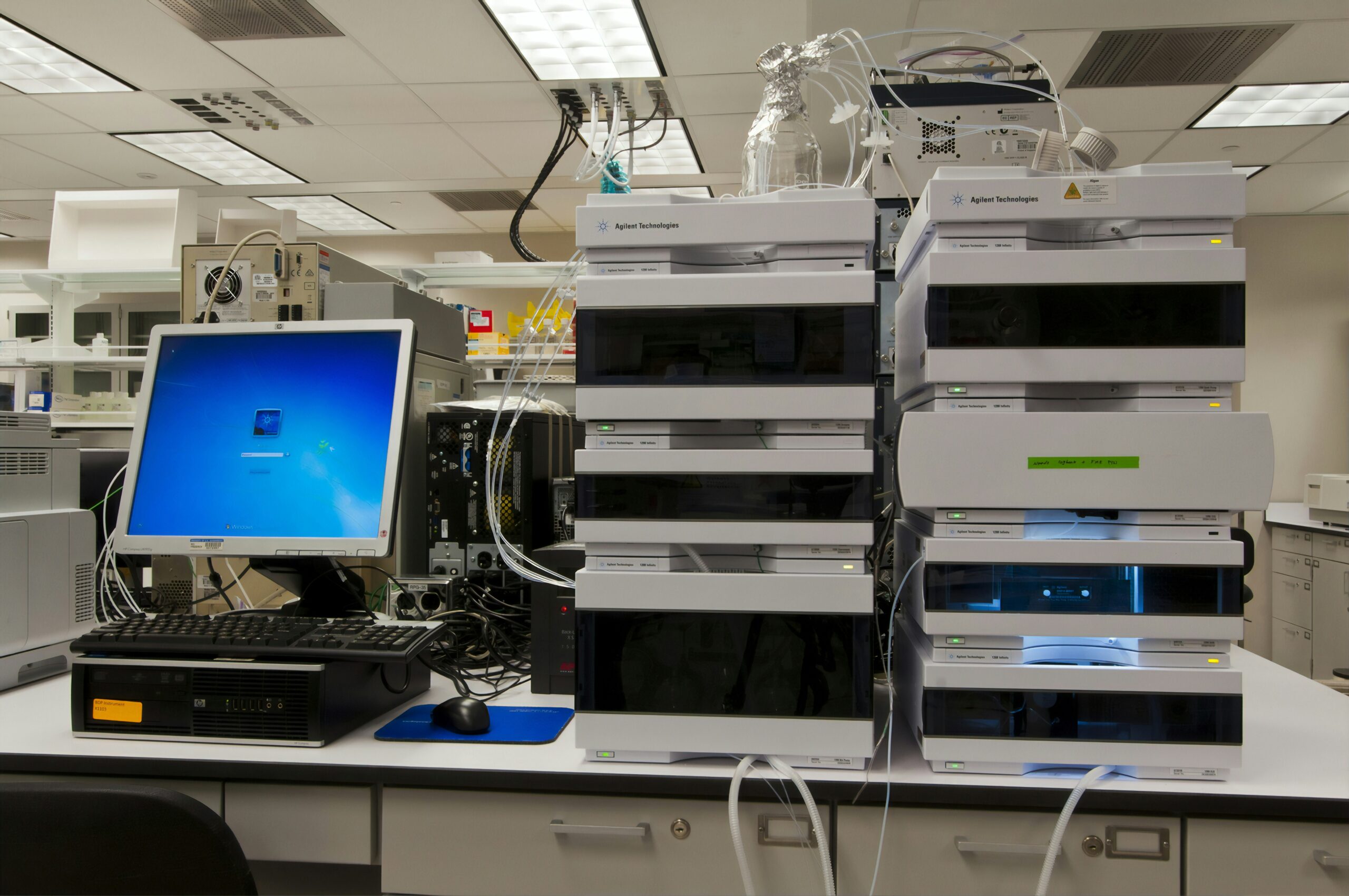
AUGUST 7, 2025, NEW YORK – A groundbreaking study by Ludwig Cancer Research has unveiled a crucial factor contributing to the notorious resistance of bone metastases to immunotherapy. This discovery, led by researchers Taha Merghoub and Tao Shi at the Ludwig Collaborative Laboratory at Weill Cornell Medicine, alongside colleagues from Nanjing University in China, could pave the way for more effective cancer treatments.
Bone metastases, a common progression in major cancers such as lung, breast, and prostate, are often debilitating and deadly. These tumors are known for their resistance to various treatments, including immunotherapy. The study, published in the journal Cancer Cell, identifies a protein called DKK1 as a key player in this resistance, reprogramming neutrophils—critical components of the immune system—into a state that suppresses anti-tumor responses.
Unveiling the Role of Neutrophils
Neutrophils are essential agents of the innate immune system, acting as the body’s frontline defense against pathogens. However, in the context of cancer, their roles can be complex and variable. The study reveals that in bone metastases, neutrophils are reprogrammed into an immature state by DKK1, leading to a suppression of the immune response against tumors.
“This study uncovers a key reason why immunotherapy often fails in patients with bone metastases,” said Merghoub. “The failure is caused by the accumulation of large numbers of immature, immunosuppressive neutrophils induced by DKK1, which create a profoundly immunosuppressive tumor microenvironment.”
Implications for Cancer Treatment
The findings suggest that blocking DKK1 could restore the effectiveness of immunotherapy in treating bone metastases. In mouse models, the researchers demonstrated that using an antibody to block DKK1 allowed neutrophils to mature and cease their immunosuppressive activity, thereby enhancing the effectiveness of immune checkpoint blockade therapies such as anti-PD-1 treatment.
“The results were dramatic. Neutrophils matured into a healthier and more helpful form in which they stopped producing CHI3L3 and no longer suppressed cytotoxic T cell function,” explained Shi. “As a result, bone tumors shrank, and immunotherapy started working effectively again, even eliminating tumors in some cases.”
Potential for Clinical Application
The study’s implications extend beyond theoretical research. A DKK1-blocking antibody, DKN-01, is already in clinical trials, which could expedite the translation of these findings into patient care. This presents an exciting possibility for improving the efficacy of current treatments for bone metastases, which are otherwise limited.
Furthermore, the molecule CHI3L3 and the gene expression signature it triggers could serve as biomarkers to identify patients with high neutrophil-mediated immune suppression. This could help tailor treatments more effectively to individual patients’ tumors.
Support and Collaboration
This research was supported by a wide array of institutions, including the Ludwig Institute for Cancer Research, Swim Across America, and the Breast Cancer Research Foundation, among others. The collaborative effort highlights the importance of international cooperation in advancing cancer research.
Aside from his role at Weill Cornell Medicine, Taha Merghoub holds several prominent positions, including deputy director of the Sandra and Edward Meyer Cancer Center. The study also involved senior authors Jia Wei and Yan Li, and co-lead author Wei Liu from Nanjing University Medical School.
Looking Forward
The discovery of DKK1’s role in reprogramming neutrophils opens new avenues for cancer therapy, emphasizing the need to target innate immune cells alongside T cells. This approach could revolutionize the treatment of bone metastases and potentially other cancers.
As research continues, the integration of DKK1-blockade into clinical practice could significantly improve outcomes for patients with bone metastases. The study underscores the critical role of reprogramming immune cells in cancer treatment and sets the stage for future breakthroughs in oncology.





